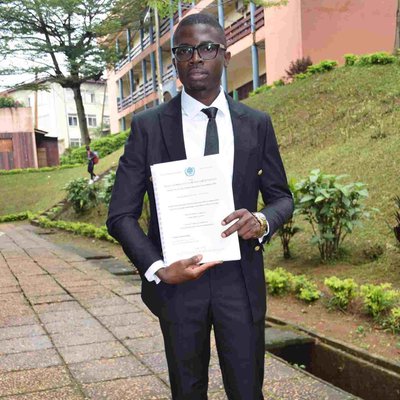People from the poorest rural areas of Burkina Faso migrate to Côte d’Ivoire for work, a journey that is facilitated by free movement and low costs. In Côte d’Ivoire, hostility towards the Burkinabe is a concern. Child labour and trafficking is also common, especially on cocoa plantations.
Movements from Côte d'Ivoire are essentially migration flows of Burkinabè returning to Burkina Faso. Although one third of households in Burkina Faso receive remittances, it remains one of the world’s poorest countries.
Our research in this corridor explores the experiences of children who migrate as well as those left behind in Burkina Faso. We also examine the movement of resources between the two countries, considering the implications of migration flows on poverty and other inequalities.
Burkina Faso - Côte d’Ivoire corridor brief
PDF 142.1 KB
Overview of the Burkina Faso - Côte d’Ivoire corridor.
Research Context
Migration flows between Burkina Faso and Côte d'Ivoire are mainly movements from Burkina Faso to Côte d'Ivoire. The movements from Côte d'Ivoire are essentially return movements of Burkinabe. There are very few Ivorian migrants to Burkina Faso.
Burkina Faso is considered one of the poorest countries in the sub-region, with a very young population, a context that pushes Burkinabe to migrate to more affluent countries. For example, Côte d'Ivoire, a country with a higher level of development than Burkina Faso, with many more opportunities, is the leading country of emigration for Burkinabe. This migratory movement was accentuated at one point in history by the period of the "Ivorian miracle" with the economic growth due to agriculture, particularly with the coffee/cocoa binomial. These migratory flows originate in rural Burkina Faso and their main destination is rural Côte d'Ivoire. Nearly 90% of Burkinabe justify their migration to Côte d'Ivoire by the search for paid work and to help their families back home. In this respect, migration was part of a strategy to improve their social status and that of their entourage. Emigration is positioned as a strategy for reducing poverty and alleviating the economic vulnerability of households both at the level of the immigrant's household (economic remittances through professional integration) but also of certain households in the host countries (increase in capital through increased productivity due to the strengthening of the labour force). Migration from Burkina Faso is a family strategy for minimising risks and reducing poverty. However, migration is also a source of exacerbation of poverty due to the perverse effects, in particular the issue of conflicts and the implication of questions of (political) power that it generates in some cases. This study focuses on the first aspect without neglecting the second.
From 2015 onwards, Burkina Faso has been marked by the rise of terrorism, which is particularly prevalent in the north and east of the country. While in its early days the terrorist was the work of jihadists from outside the country, today young Burkinabe have joined the ranks of jihadists and terrorist attacks are often the work of Burkinabe. The security situation in those parts of the country has seriously deteriorated. The appearance of COVID-19 in 2020 in Burkina Faso is an event that is disrupting the economic and social system. On the economic front, with containment, quarantine and border closures, small economies will collapse and new forms of inequality will emerge. The fear of this pandemic leads to the victimization of the migrant perceived as a vector of COVID-19 Thus, the central question of this study is the following: How does this form of migration reduce inequalities among the actors concerned (the migrants, their social environment, their relationship to the country of origin)? What are the social barriers or obstacles to the reduction of inequalities through migration (the question, for example, of changing relationships that often become conflictual)?
With regard to Côte d'Ivoire, migratory movements are a central topic of study for anyone wishing to understand the development logic of this country. Until very recently, this country was regarded as a home for many African nationals, enabling them to earn a much higher level of income than their country of origin. Reciprocally, the call for foreign labour, especially for the valorisation of agricultural land, was seen as one of the keys to the Ivorian miracle. Following a socio-political context marked by economic, political and social crises, "national identity" has been used as a resource for the accession or preservation of power with relational consequences, the figure of the migrant has changed from social assistance to the economic growth of the time to an actor "enemy to hunt", a "disruptive", an opponent and competitor in the race for the acquisition of resources and social capital. It is sometimes equated with a "rebel" most of the time. Migrants arriving in this host country are often the victims of xenophobia, rejection, exclusion and social stigmatization, and thus questioning the issue of subregional equality and integration. Migrants generally coexist in the same localities and influence each other and a new social space of rights, gender relations, inequalities / equalities etc. redraw themselves.
The occurrence of Covid-19 modifies and even upsets all spheres of life in society in the international context in general and in Côte d'Ivoire in particular. This health crisis is testing the different health systems by the speed of contagion, the risk, the rumour and the high number of deaths. In addition, the various measures, mechanisms and practices for managing the disease have led to a transformation of norms, perceptions, policies, social relations and the stakes of the actors in the country. It is therefore a question of its influence on the process of social and regional integration, against the backdrop of our focus on South-South migration and income inequalities, (poverty), childhood inequalities (child labour) and transfers of resources and flows. For example, with regard to childhood, television school as a strategy for the continuation of the education system is a source of increasing inequalities among migrants and communities because of the disparity of access to this resource (television) and because of the violence between parents and children caused by the perception of this tool as entertainment and not as an educational resource. The closure of schools leads children, under the effect of certain family constraints, to be directed towards prohibited work. To this example can be added the fear of contagion that creates mistrust in relations between migrants and natives, between natives themselves and between migrants themselves, and the closure of businesses and trade that reduce income, increase poverty, promote child labour and reduce remittances.
So, in this social context, how does migration reconfigure relationships and reduce inequalities? What resilience strategies for migrants to capture resources to revitalize their social situation in both host communities and countries of origin? What are the social barriers to valuing the migrant's social situation in reducing inequalities (the question of conflicts over land resources and cross-community mixing)? What influences on the status of women (see the development of migration in Burkina Faso)? On children (increased profitability leads to a stronger workforce, so children are cheap and available labour on the farms of migrants or those in which they are engaged professionally? The various aspects discussed are of the order of social constructions that are marked by the different elements of the social context and logic (norms, perceptions, practices and actions, relationships and issues). It is these indicators that determine the facts to be analysed. The aim is to link all these components in order to see their implications for the understanding of gender, children and fund transfers in reducing inequalities through South-South migration. The following questions will be explored: the economic contribution of migrants, the conditions of employability of immigrants, the motivations of migrants, the knowledge and skills that migrants bring to the Ivory Coast, the economic and social consequences it has. The possible negative effects related to the economy or not (e.g. social consequences on gender, children such as conflict, rivalries, monopolization attempts, as well as pressure on infrastructure, price levels, environmental effects).
Research Questions
- How does the migration reduce inequalities among the actors concerned?
- What are the social barriers or obstacles to the reduction of inequalities through migration?
- What are the economic contributions of migrants?
- What are the knowledge and skills that migrants bring to the Ivory Coast?
- The impact of COVID-19 on Migration flows between Burkina Faso and Côte d’Ivoire: Does COVID-19 stop or reduce these flows?
- What are the different ideological (perceptions, representations) and structural (relationships) transformations between migrant and host communities?
- What are the different strategies of migrants to resist the inequalities caused by the coronavirus?
The Team
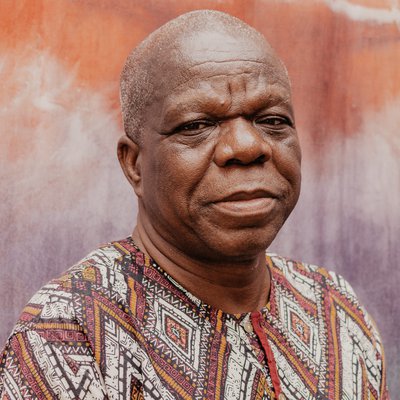
Bonayi Hubert Dabiré
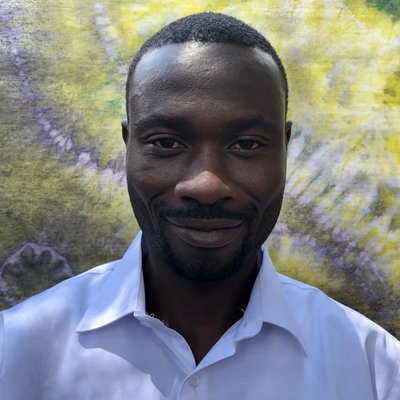
Bouhi Sylvestre Tchan Bi
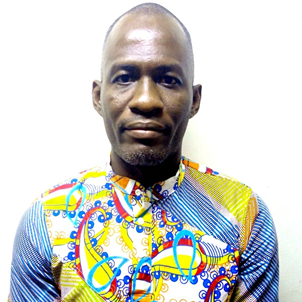
Cyprien Yao Yao

Dasmané Dielbeogo
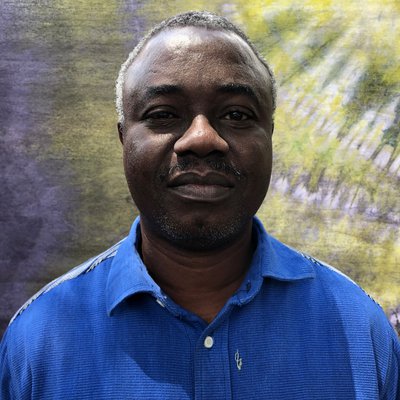
Gabriel Sangli

Julius Pathène Yao
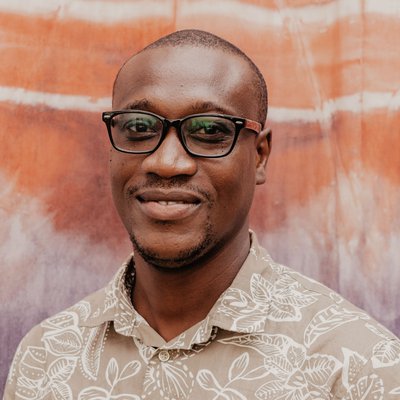
Kando Amédée Soumahoro
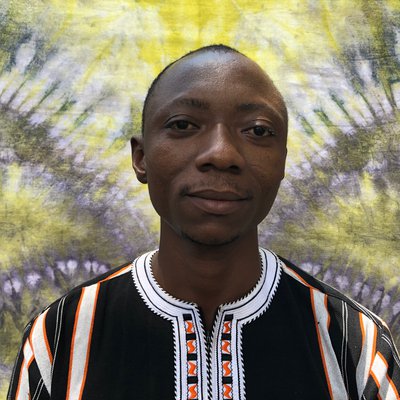
Mouoboum Marc Meda

Nankoita Dofini
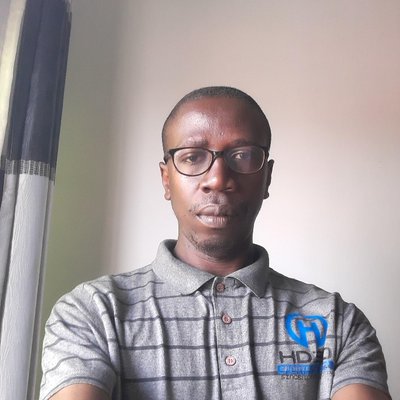
N'Goh N'Goran Konan Nana
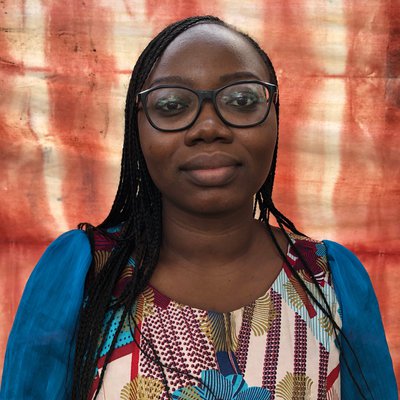
Tebkieta Alexandra Tapsoba

Tigabitoua Issaka Anabebou
